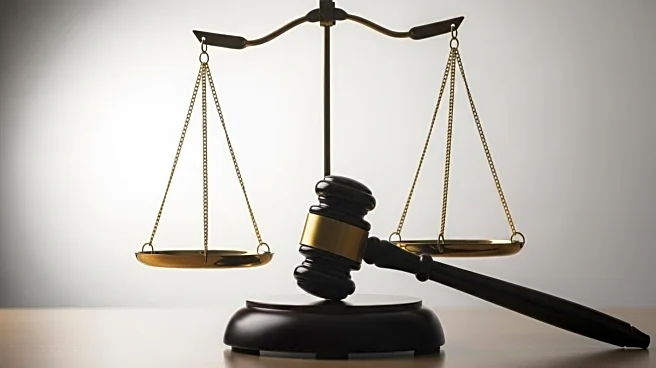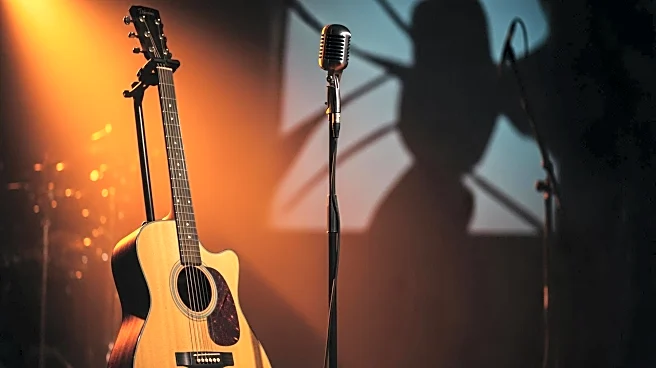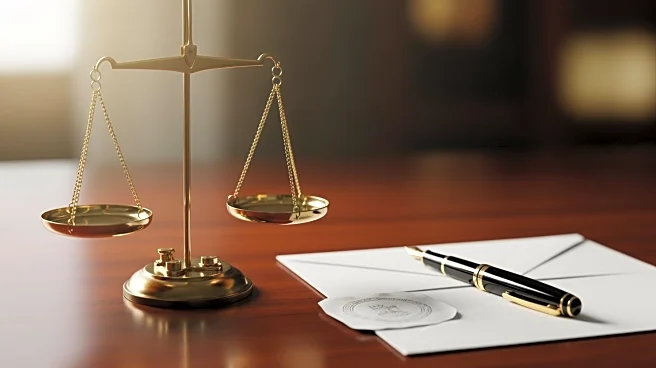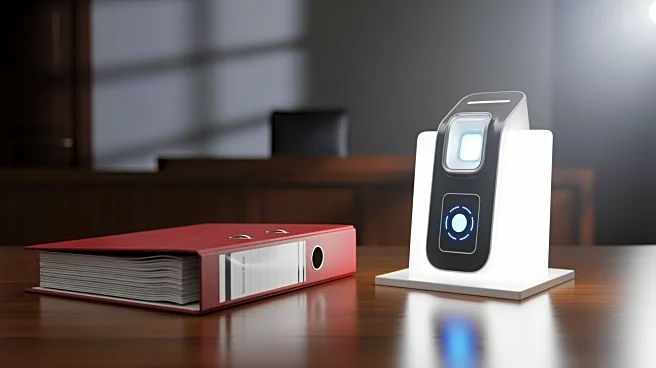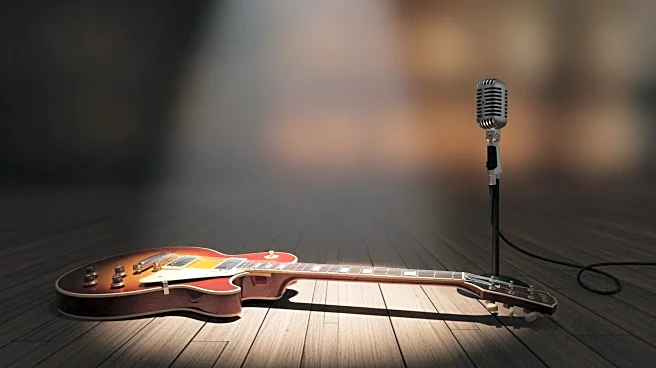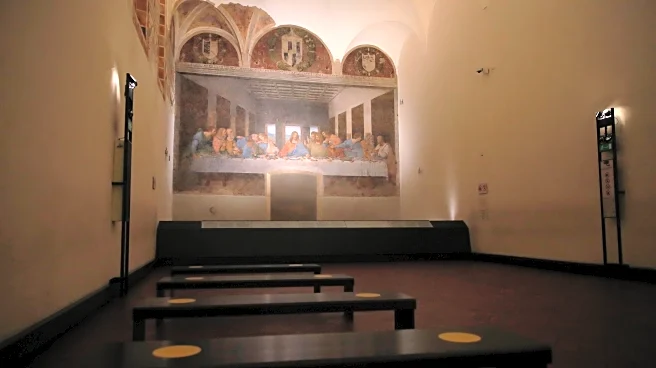What is the story about?
What's Happening?
Ryan W. Routh, a 59-year-old building contractor from North Carolina, is set to begin his trial for allegedly attempting to assassinate President Trump at the Trump International Golf Club in West Palm Beach, Florida. The incident occurred nearly a year ago when Routh was reportedly seen with a semiautomatic rifle near the golf course's sixth hole while President Trump was golfing. A Secret Service agent fired at Routh after spotting him. Routh has pleaded not guilty to charges including attempted assassination of a major presidential candidate, assaulting a federal officer, and multiple firearm violations. He plans to represent himself in court.
Why It's Important?
The trial of Ryan Routh is significant as it highlights the ongoing security challenges faced by public figures, particularly during election periods. The charges against Routh, if proven, could result in a life sentence, underscoring the severity of threats against political leaders. This case also raises questions about the effectiveness of security measures at high-profile locations and events. The trial may influence public policy regarding the protection of political figures and could lead to increased security protocols at similar venues.
What's Next?
As the trial proceeds, it will be closely watched by legal experts and the public, given Routh's decision to defend himself. The outcome could set precedents for how similar cases are handled in the future. Stakeholders, including political leaders and security agencies, may react by reassessing current security strategies. The trial's developments could also impact public opinion on the safety of political figures and the measures needed to protect them.
Beyond the Headlines
The case may prompt discussions on the legal and ethical implications of self-representation in serious criminal trials. It could also lead to debates about mental health considerations in criminal defense, especially in cases involving high-profile targets. Long-term, this trial might influence cultural perceptions of political violence and the responsibilities of individuals in safeguarding democratic processes.
